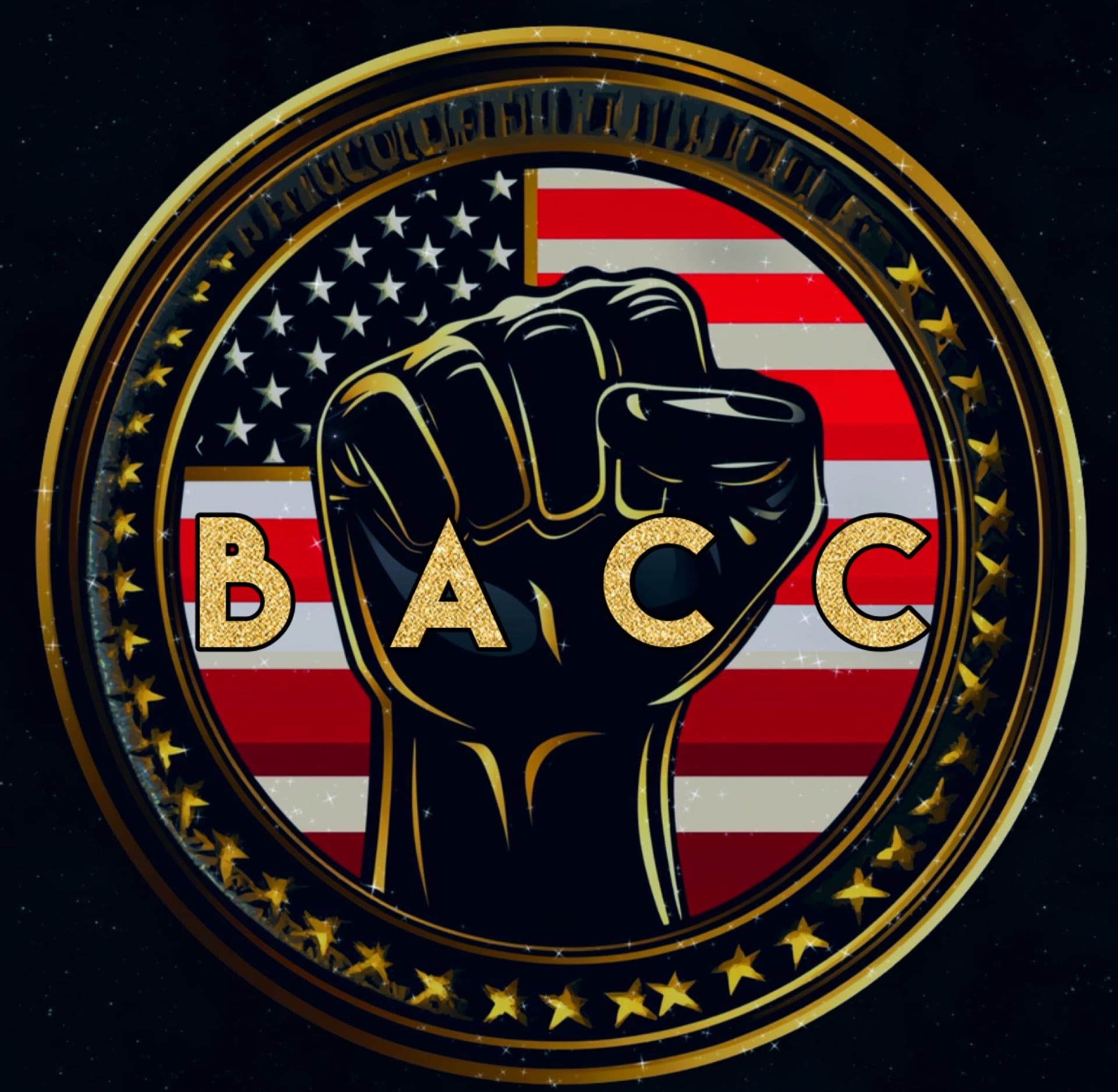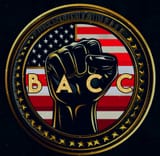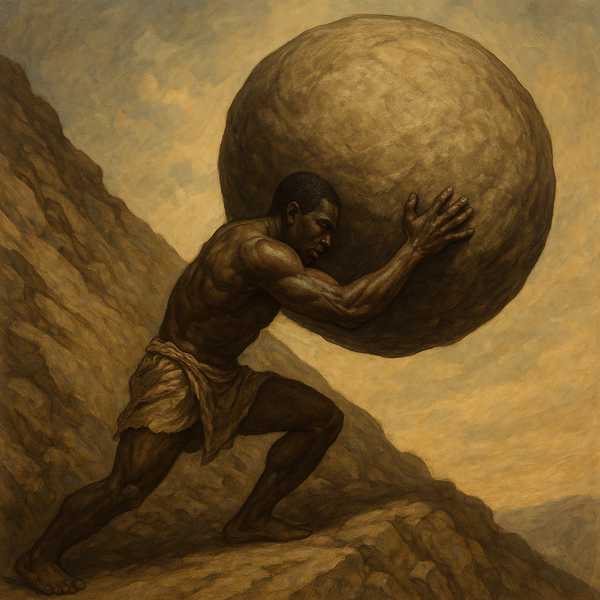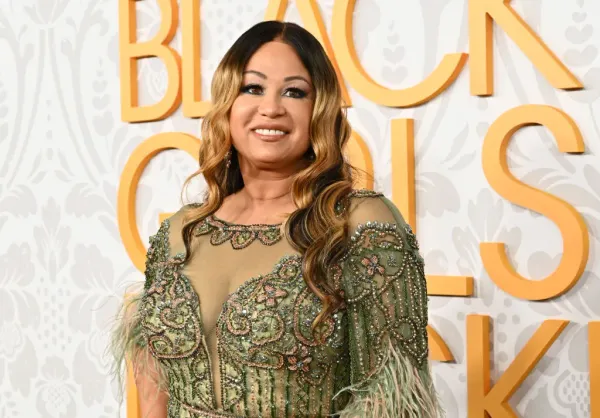Music & The Black American Genocide
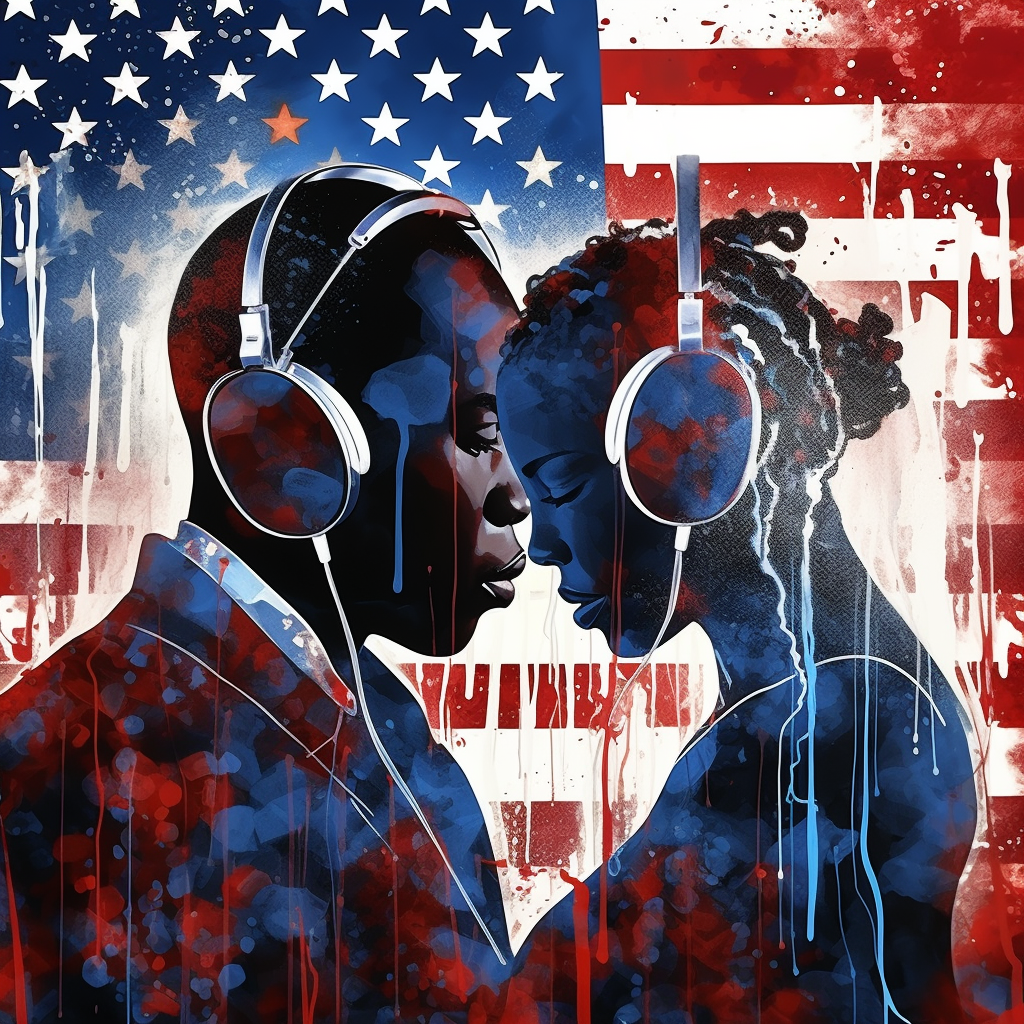
The music industry is a multi-billion dollar well oiled machine that generates anywhere from twenty-eight to thirty-nine billion dollars a year. It encompasses the creation, production, distribution and consumption of music which includes several key sectors; the recording industry, live music, merchandising, streaming & digital distribution that make it one of the most powerful constructs in the world. While the music industry has elevated stars and hits, it is riddled with a long and harrowing history, who's origins can be argued, are found in the era of chattel slavery in America.
For over a century, Black American descendants of chattel slavery have shaped and defined the sound of global music. From the soulful spirituals sung in the fields to the rhythmic complexity of jazz, the emotive power of blues, the rebellious energy of rock, the hypnotic groove of funk, the lyrical precision of hip-hop, and the timeless allure of R&B—Black Americans have not only pioneered these genres but have embedded their culture and experiences into the global musical landscape. Yet, beneath the surface of creative triumph lies a sinister undercurrent of exploitation, erasure, and systemic violence that extends far beyond the recording studio. The music industry, while profiting from Black creativity, has simultaneously played a critical role in perpetuating the cultural, economic, and psychological destruction of Black American communities—a process that mirrors the ongoing genocide against Black Americans. From the earliest days of recorded music, Black artists were denied rightful ownership and compensation for their work. Blues artists like Robert Johnson, jazz innovators like Charlie Parker, and early rock pioneers like Little Richard and Chuck Berry saw their creations stolen and rebranded under white artists. Elvis Presley became "The King of Rock and Roll," while Big Mama Thornton, who originally wrote and performed Hound Dog, was left in the shadows. This pattern reflects a long-standing practice of whitewashing Black musical innovations, stripping them of both credit and economic value.
Record labels and publishing companies engaged in predatory contracts that effectively robbed Black artists of royalties and intellectual property. Motown's Berry Gordy, while celebrated for elevating Black music into the mainstream, also engaged in exploitative business practices that left many Motown artists without ownership of their music. Sam Cooke, a pioneer who sought to empower Black artists by securing ownership of his masters, was murdered under suspicious circumstances—a chilling reminder of the dangerous intersections between economic independence and systemic violence.
The exploitation of Black music extends beyond economic theft into psychological manipulation and social control. During the COINTELPRO era, the FBI targeted Black artists like Sam Cooke, Nina Simone, recognizing the potential of music to awaken social consciousness and unite oppressed communities. Government agencies saw the power of music as both a threat and a tool.
In the 1980s, the rise of gangster rap was not entirely organic. Whistleblowers have testified that major record labels, in collusion with private prison investors, deliberately promoted music that glorified violence, drug use, and misogyny. The shift from politically conscious hip-hop—embodied by Public Enemy and KRS-One—to the nihilism of N.W.A and Death Row Records was not accidental. This manufactured cultural shift aligned with the rise of mass incarceration and the targeting of Black youth under the "War on Drugs." Music became a weaponized tool to destabilize Black communities and reinforce the school-to-prison pipeline.
The ongoing genocide against Black Americans is not only physical but also cultural. The theft and distortion of Black music are part of a larger strategy to undermine Black self-determination and economic independence. Reclaiming control over Black music means not only securing ownership of intellectual property but also redefining the cultural narrative.
Independent platforms, such as 3rd Eye Radio, Free World Radio, Club Lounge Radio, are crucial in this reclamation process. By curating and educating audiences about the true origins and history of Black music, these platforms challenge the dominant narrative and reassert Black creative authority. Artists like Nipsey Hussle, who championed economic empowerment and independent ownership, represent the blueprint for resisting industry exploitation.
The connection between the music industry and the Black American genocide is not metaphorical—it is structural, psychological, and economic. Music has always been a weapon, both for liberation and for oppression. The path forward requires not only reclaiming ownership of music but also understanding and dismantling the systems of control that have used music as a tool for exploitation and subjugation.
Black music is more than art—it is a cultural and spiritual legacy. Preserving it is not just about protecting creative rights—it is about protecting the very soul of Black America.
"If you are silent about your pain, they will kill you and tell everyone you enjoyed it" - Zora Neal Hurston, Their Eyes Were Watching God.
Be Loud, Black America.
